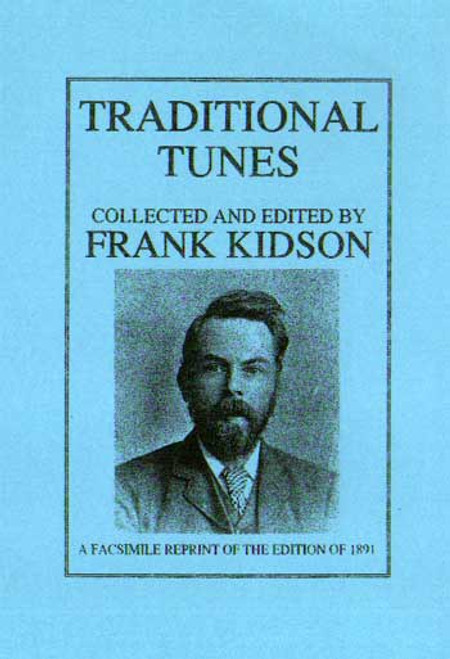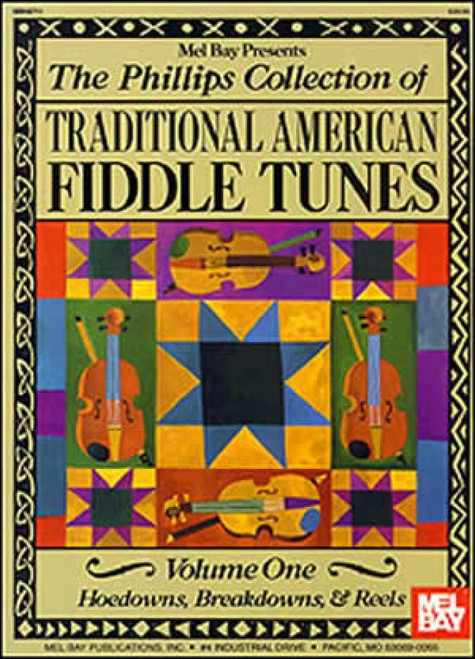Published in 1891 in an edition of only 200 copies, or.
Writer and antiquary, Frank Kidson was born on 15 November 1855 in Leeds, youngest of the nine children of Francis Prince Kidson, butcher turned lamp-rate collector, and his wife, Mary, daughter of a factory owner. Kidson received, in his own words, ‘a limited education’ as a boarder at “a somewhat rough local school”, which he supplemented by reading voraciously in his father's large library. Later he acquired a wide knowledge of paintings, ceramics, and antiques. From his mother's singing of traditional songs Kidson received an early introduction to a subject in which from the mid-1870s he took an increasing interest. His involvement was antiquarian in character and during the course of what became a lifetime's habit, he haunted salerooms, shops, and street stalls in search of books and manuscripts. As early as March 1886 he listed in his collection ballad operas, instrumental music, songsters, garlands, tune and song books, and a hefty batch of street ballads.
Primed by such materials and further research in other libraries, Kidson embarked on a series of articles for the Leeds Mercury, starting in 1886, dealing with the antecedents of a wide range of songs. These were the first of many such pieces, on both song and dance, traditional and composed, printed and oral, which he contributed to newspapers and periodicals. He supplied 365 more for Grove's Dictionary of Music and Musicians (2nd edn, 1904-1910); and his formidable skill in unravelling a song's pedigree caused his friends to dub him ‘the musical Sherlock Holmes’.
As well as working from printed and written sources Kidson realised the importance of oral tradition. He sought informants mainly among relatives, servants, workpeople, and street performers. His niece and unofficially adopted daughter, Emma Kidson, went with to visit them and memorised the tunes, singing them back to him when he reached a piano and could note them down. Kidson amassed a valuable corpus of material and acquired a deserved reputation as a pioneer in the field. He corresponded with other song-seekers such as Anne Gilchrist, met some, including Sabine Baring-Gould, and joined the committee of the Folk-Song Society on its inception in 1898. His Traditional Tunes, a volume of songs he had noted from oral tradition, was published in 1891and others posthumously. He edited or co-edited several other volumes of songs drawn from a variety of sources.
Kidson died on 7 November 1926 at his home in Chapeltown, Leeds. His native city turned down the opportunity of acquiring his enormous and priceless collection of books and manuscripts, scores and ballads, the bulk of it eventually going to the Mitchell Library, Glasgow.
The Kidson folk song manuscripts reside at Mitchell Library, Glasgow. They cover the period 1886 to 1920s and the principal geographical coverage is Yorkshire.







